How to buy a house where you can be your own beekeeper
Beekeeping is on the rise and you needn’t own lots of land. Eleanor Doughty explores the property possibilities.
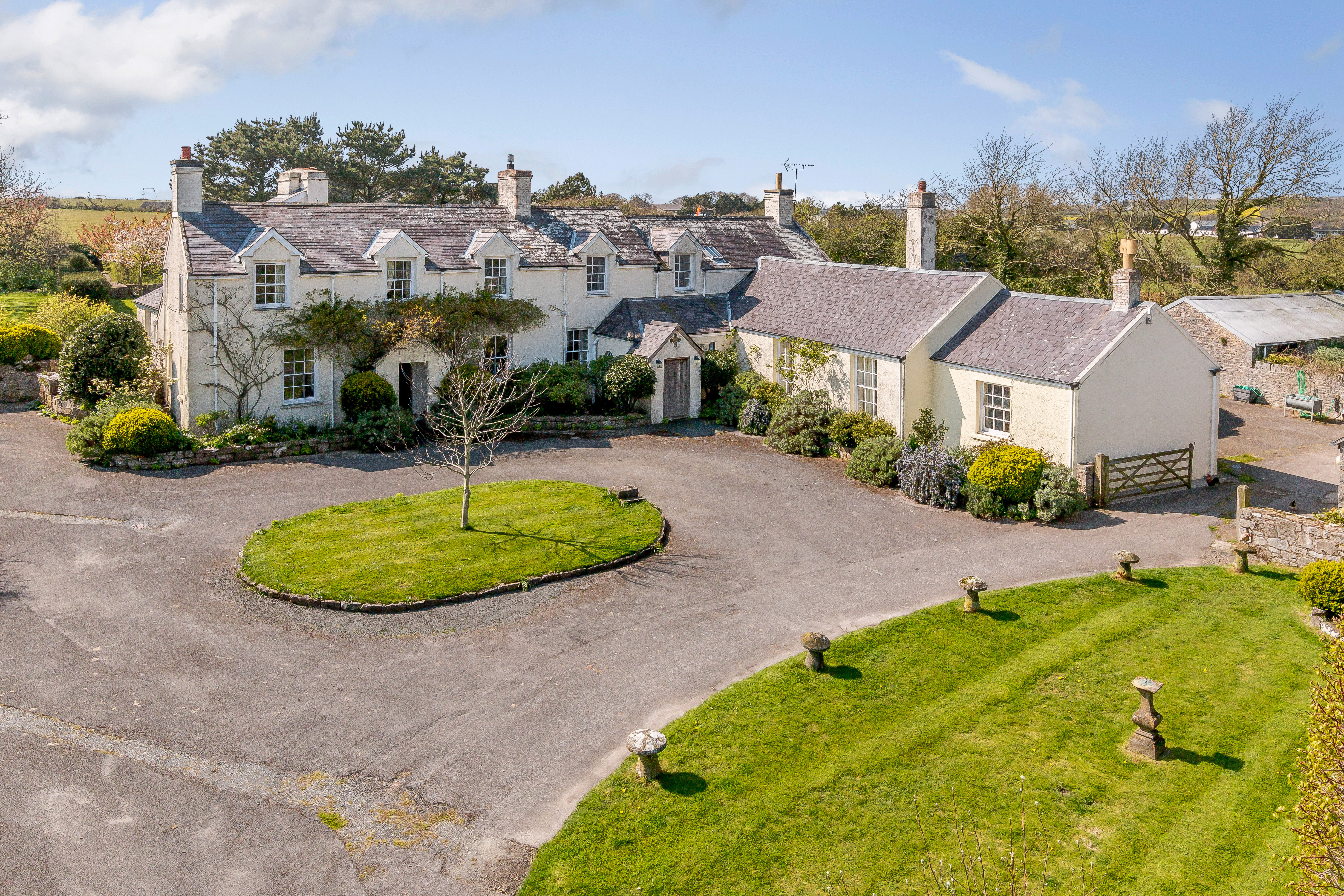
You’ve seen them, beekeepers with big white suits. Perhaps you’ve wondered whether this curious hobby is one that you could adopt. Happily, unlike other kinds of farming – yes, keeping bees is ‘a form of livestock management’, according to Defra – to be a successful beekeeper, you needn’t own acres of land.
The ideal countryside property for bees, says Carol Peett, whose husband, Rayner, keeps bees at their Pembrokeshire longhouse, is one ‘with a cottage garden, although it’s handy if there are nice fields around’. However, it can be done with a lot less space and a bit of lateral thinking.
Ben Horne of Middleton Advisors has been keeping bees ‘in a paddock on the edge of a village’ near Andover for the past four years. He’s currently got about 120,000 bees. ‘They just need a bit of space and access to food and water,’ he notes. And it’s low maintenance: ‘You can leave them to it and check on them once a week.’
Beekeeping is steadily rising in popularity – since 2008, the British Beekeepers Association’s (BBKA) membership has grown from 8,500 to 25,000 and now includes more city dwellers than ever before. In London, several developments have sprung up with beehives included. At Television Centre, W12, the BBC’s former home, where flats start from £785,000, The London Bee Company is producing honey from hives on the roof.
Meanwhile, Sarah Wyndham Lewis and her husband, Dale Gibson, run Bermondsey Street Bees, a sustainable business launched on the roof of their Victorian sugar warehouse in 2007. In Aldgate E1, Berkeley Homes’s Goodman’s Fields is home to 100,000 bees and beekeeper Camilla Goddard’s business Capital Bee maintains hives across the city for institutions such as The Garrick Club.
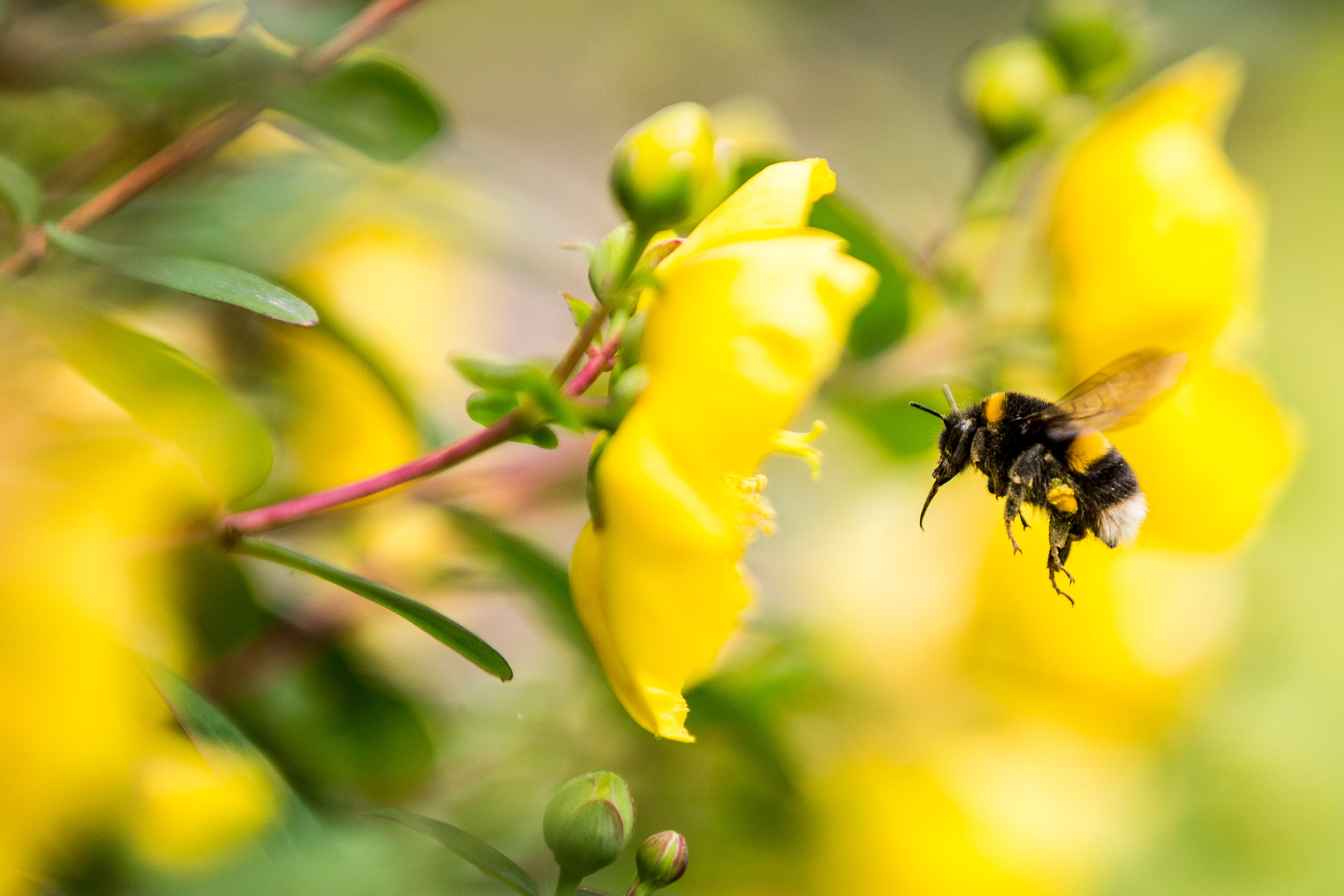
The capital might seem an unusual place to keep bees, but it works, says Miss Wynd-ham Lewis. If you haven’t got a brownfield site handy, look roofwards. For a time, Capt Piers Flay of the Blues and Royals kept bees on the roof of Hyde Park Barracks: ‘I gave the one pot we produced to The Queen for Christmas.’
Most homeowners with gardens – in town or country – can keep thriving bees. One idea is to erect a ‘high fence,’ suggests Miss Wyndham Lewis, ‘so that they don’t buzz into your neighbour’s garden at toddler height’. Of course, a hive contains up to 70,000 bees at the height of summer and they all need to eat and drink. ‘They like dirty water – all you need is a terracotta dish filled with shells or stones,’ she explains.
Exquisite houses, the beauty of Nature, and how to get the most from your life, straight to your inbox.
Planting is also critical. The BBKA recommends echinacea, which is ‘rich in nectar through late summer and autumn’, as well as the annual Cosmos bipinnatus, with its edible flowers, and winter-flowering crocus. The benefit of beekeeping in the country, points out Miss Wyndham Lewis – whose book Planting for Honeybees is published by Quadrille – is that you have the opportunity to create an ideal world for your bees. ‘You can plant hedgerows and trees – you will see them prosper.’
It isn’t only in modest-sized gardens that beekeeping is picking up pace. ‘Beekeeping offers the ultimate bragging rights when it comes to environmental credentials,’ says Mark Lawson of Knight Frank’s The Buying Solution. ‘As such, it’s becoming more of a trend as large landowners recognise their importance in the overall eco-system.’ Indeed, in October last year, the then Defra Secretary Michael Gove launched a £60,000 fund to develop habitat mapping for pollinators, as part of the Government’s 25-year Environment Plan.
The Duchess of Cornwall has also taken up beekeeping, with nine hives at Ray Mill, her Wiltshire home, with some of the honey sold at Fortnum & Mason. Although The Duchess likely has staff on hand to help, beekeeping doesn’t suit a second-home lifestyle, ‘unless you have a local beekeeping society that wants to put hives on your land and swap it for some honey,’ says Mrs Peett.
If, having found your dream home, you happen to inherit a beehive, worry not. ‘If there are bees in a hive, their beekeeper will move them because they’re valuable,’ explains Miss Wyndham Lewis. ‘You might find that somebody has left a disused hive at the bottom of the garden and that some feral bees have moved in. In that case, seek the help of your local beekeeping association.’
Quick tips to being your own bee keeper
- Do your homework Start by finding local beekeeping associations and enroll on a course (visit www.bbka.org.uk for more information)
- Get the gear You’ll need a beekeeping suit, with gloves, plus the necessary tools – your local association can offer advice
- Don’t rush Beekeeping is a serious undertaking, so think carefully before you commit. It may be possible to borrow a hive from your local association and be mentored by an expert as you learn
For more information on Hayston Farmhouse, for sale for £700,000 through Savills, click here.
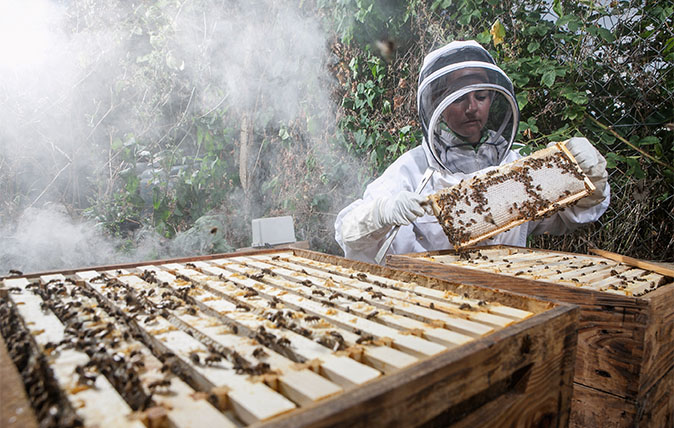
The beekeeper: 'There are few things better than a full comb of capped liquid gold'
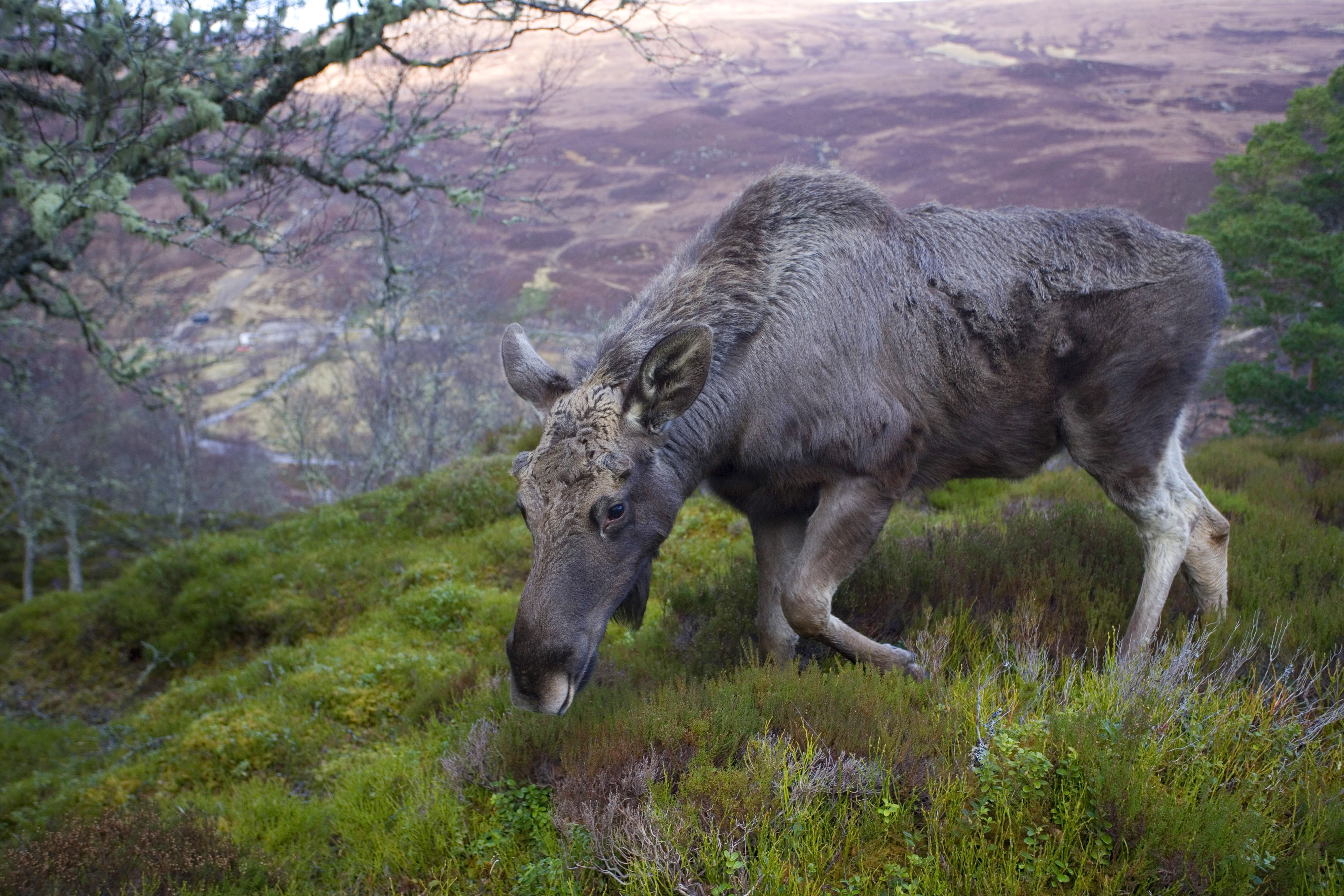
Country Life Today: How elk could save the Scottish countryside, a recent outbreak of disease in bee hives and the enduring appeal of a fixer-upper
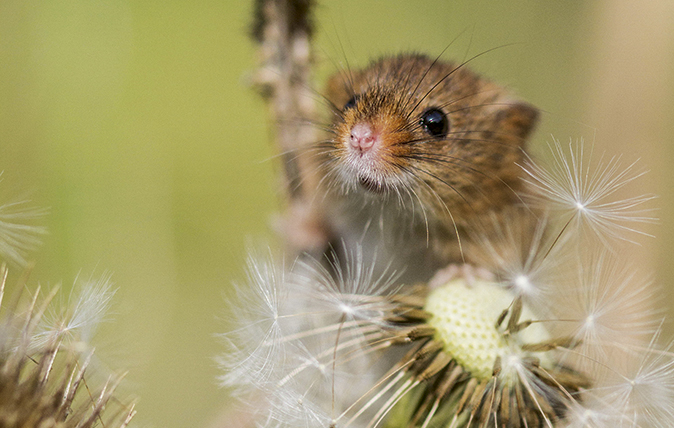
Dandelions: Our favourite weeds, and how they might help save the planet
We still have great affection for its cheerful golden mops.
